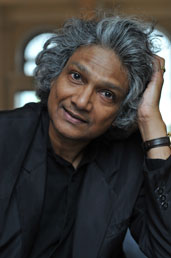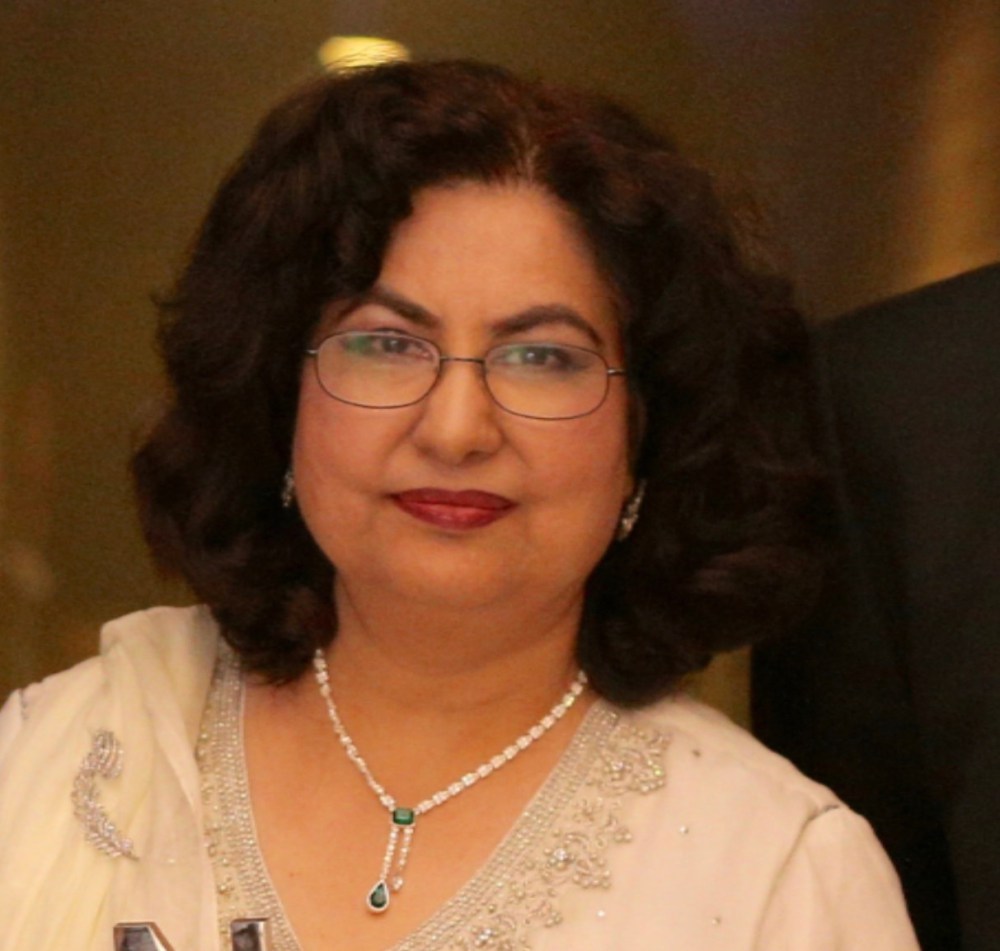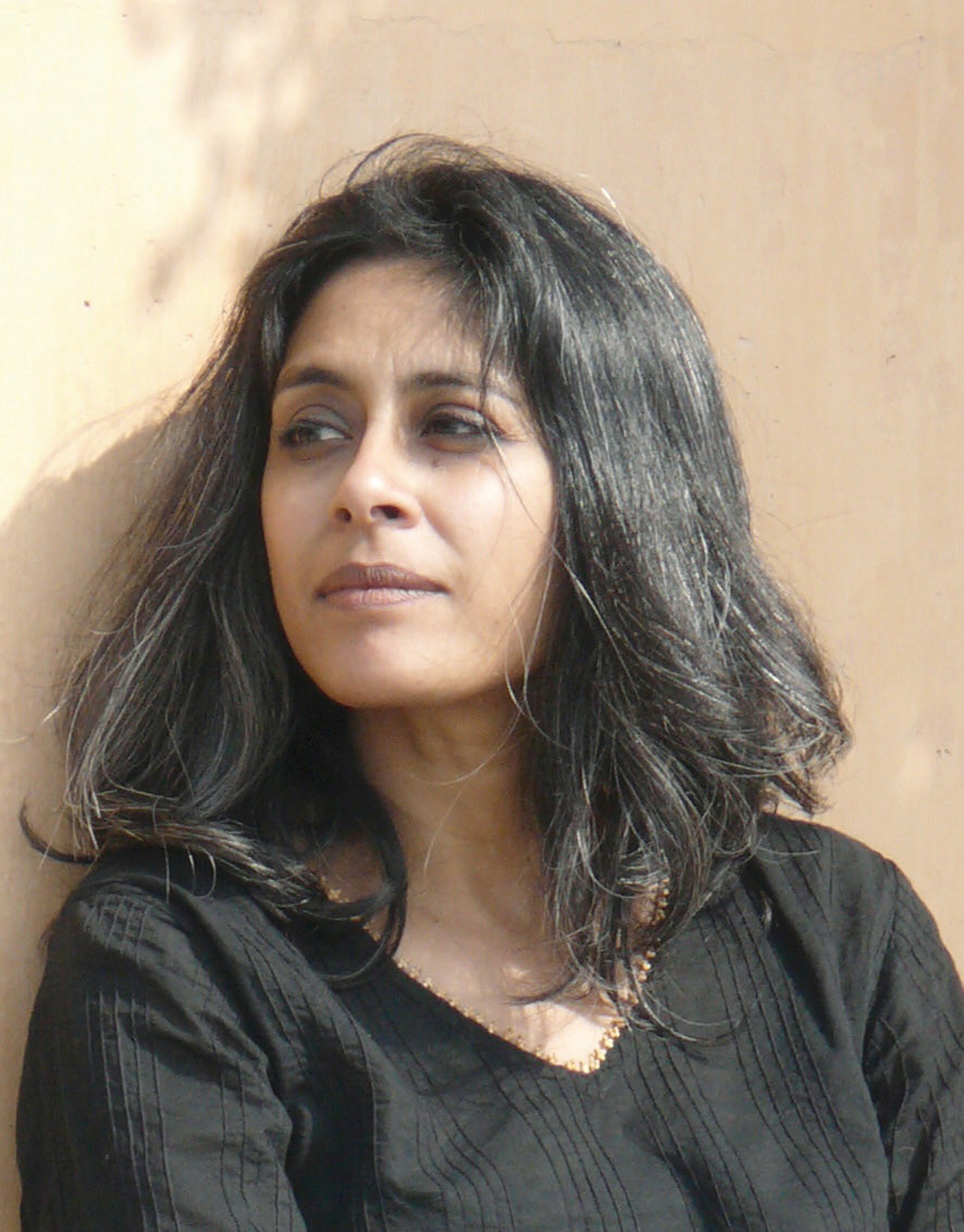
Q. Tell us about your latest novel?
At the centre of The Prisoner of Paradise is Lucy, a spirited young girl on the brink of adulthood, who arrives inMauritius fromLondon in 1825. Her head is full of romance, and she arrives about the same time as a young man called Don from what was then known as Ceylon. He is the personal interpreter to the Prince of Ceylon who is exiled toMauritius by the British.
The novel tells the story of Lucy and Don, their fascination, their chemistry, the obstacles between them, at this strange crossroads of the British and French empires in the early 1800s.
Q. What inspiration did you draw on from your travels in Mauritius where the novel is set?
Mauritiusis more than a setting in this book. The place and its unique qualities to do with landscape, vegetation, human history and the ocean around it affects the story and all the characters in it.
The story came to me when I was visitingMauritiusyears ago, in 1998. I discovered that there was a Sri Lankan connection from the beginning of the British period and this was to do with political prisoners.Britainwas very fond of moving prisoners around its empire, as we know. But these were prisoners I hadn’t heard of before. I felt I had to follow their story and that, in turn, brought me to mine.
Q. And what research went into making the plot authentic? Is it fact or fiction?
One has to do whatever research it takes for a piece of fiction to seem like fact. The wonder of fiction is that if it works we believe in the real emotions of imaginary characters.
I read about this rebel Prince fromCeylon—a historical figure I knew from my schooldays. He is known as the man who helped the British take control of the country. But I never knew he had been exiled by them toMauritius. I read a small pamphlet and learnt that he actually died inMauritius, so I went on a search for some evidence of this extraordinary life. Eventually, I found his grave: a tombstone at a crossroads in a forest. Not in a graveyard. Just at a crossroads. A white marble slab with some Sinhala inscriptions on it. The precise location is not mentioned in guidebooks, and I found it by asking at local shops for the grave of a prince. It was all very weird and intriguing.
But the Prince’s story, the factual account, was overtaken by an off-stage romance that emerged in my mind linked to someone in his retinue (there is no historical evidence for any such romance). So before I started writing, I decided I wasn’t going to do a fictionalised account of this historical figure, but to take off from the very sparse facts we have of the period, and the place, to create a character of my own – Lucy.
Q. How do you find your flow as a writer?
John Keats, a favourite of Lucy’s, says we are all water. There is some scientific basis for that idea, as Mr Salgado discovers in my first novel, Reef. So as writers, we simply go with the flow.
Q. Does writing come naturally to you or is there a long period of pause or reflection?
This is my seventh book. I reckon that’s about half a million printed words by now, and since I do a lot of rewriting I must have written well over a million words of fiction, so I guess it must come sort of naturally. But it is twenty years since the first book was published, and several of the books are quite slender, so I guess there must have been lots of periods of pause and reflection too.
Q. Do you think Asian writers can get away from the label of being exotic?
In the 21st century, the idea that Asian is exotic is absurdly out of date. Given that most of the world is Asian, and even most English speakers on the planet are now probably Asian, the proposition makes no sense.
Q. What’s more important in a good story – plot or character?
The two are intertwined. Plot without character is meaningless, character without plot is not a story.
Q. Where do you find characters to write about?
Everywhere. Especially when I least expect to. With this novel, as I said, there were shadows in history that fascinated me.
Q. How does one become an accomplished writer?
I am afraid one doesn’t. You can only try to be a writer. You accomplish that by writing. Anything beyond that is out of your control.
Q. Can writing be taught? What is the best lesson or exercise to improve writing? What’s the best advice you can give?
Yes, of course, it can be taught. Writing, at the basic level, has to be taught. But creativity has to be coaxed. Creative writing, the two together, can be nurtured and helped. The best way to improve your own writing is to read good writing and discover its pleasures.
But if you want more help and support there is plenty on offer these days: workshops, writers groups, formal courses. All of these can help you discover your abilities. It is a good time for aspiring writers.
Romesh Gunesekera grew up in Sri Lanka and lives in London. Heaven’s Edge, his third novel, was released in paperback in February 2003. It was shortlisted for the Best Book award in the Eurasia region for the Commonwealth Writers Prize 2003, and named as a New York Times Notable Book of the Year. His first novel Reef was shortlisted for both the Booker Prize and the Guardian Fiction Prize in 1994.
Romesh Gunesekera will appear at the Asia House Festival of Asian Literature Refreshingly Sri Lanka event with Roshi Fernando and Shehan Karunatilaka on 17th May 2012 7pm. For more information and details please visit Asia House.

